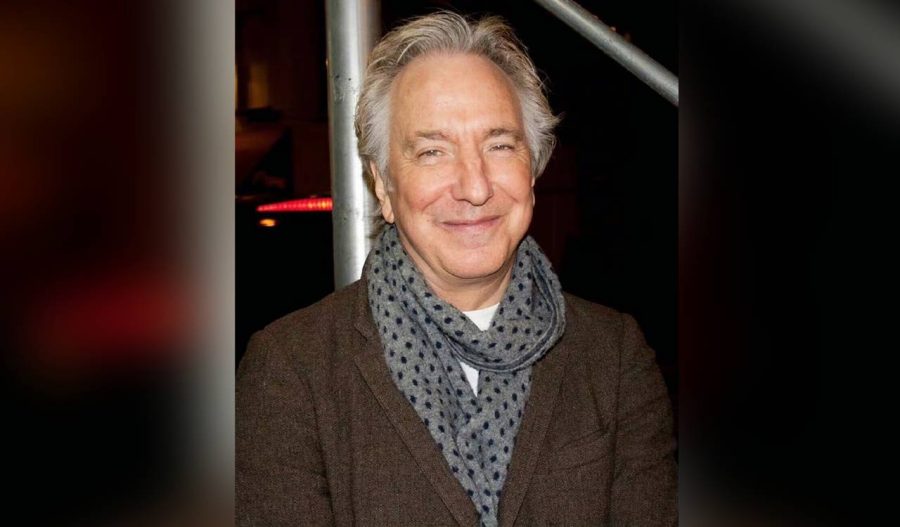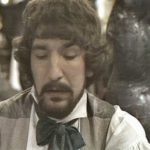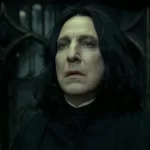Jan 14, 2016
Ian McKellen, Sigourney Weaver, Ruby Wax, Stephen Poliakoff, Richard Wilson and others remember a peerless actor and friend
Patrick Stewart
Alan was perhaps our most distinctive and unique stage and film performer, with a voice and phrasing that teased and taunted, mocked and despaired. I first worked with him at the RSC in Peter Brook’s 1978 production of Antony and Cleopatra, with Glenda Jackson. As the Major-Domo of Cleopatra’s court he was commanding, witty and cynical. His world-weary tolerance of those around him stays with me vividly. He is irreplaceable.
Kate Winslet
Alan was an exceptionally warm and giving man and an utterly phenomenal actor and gifted director. I remember being so intimidated by him when we worked together when I was 19 [in Sense and Sensibility], because he had such a powerful and commanding presence. And that voice! Oh, that voice … But the reality of course, was that he was the kindest and best of men. He had the patience of a saint. He was a warm-hearted puppy dog, who would do anything for anyone if it made them happy.
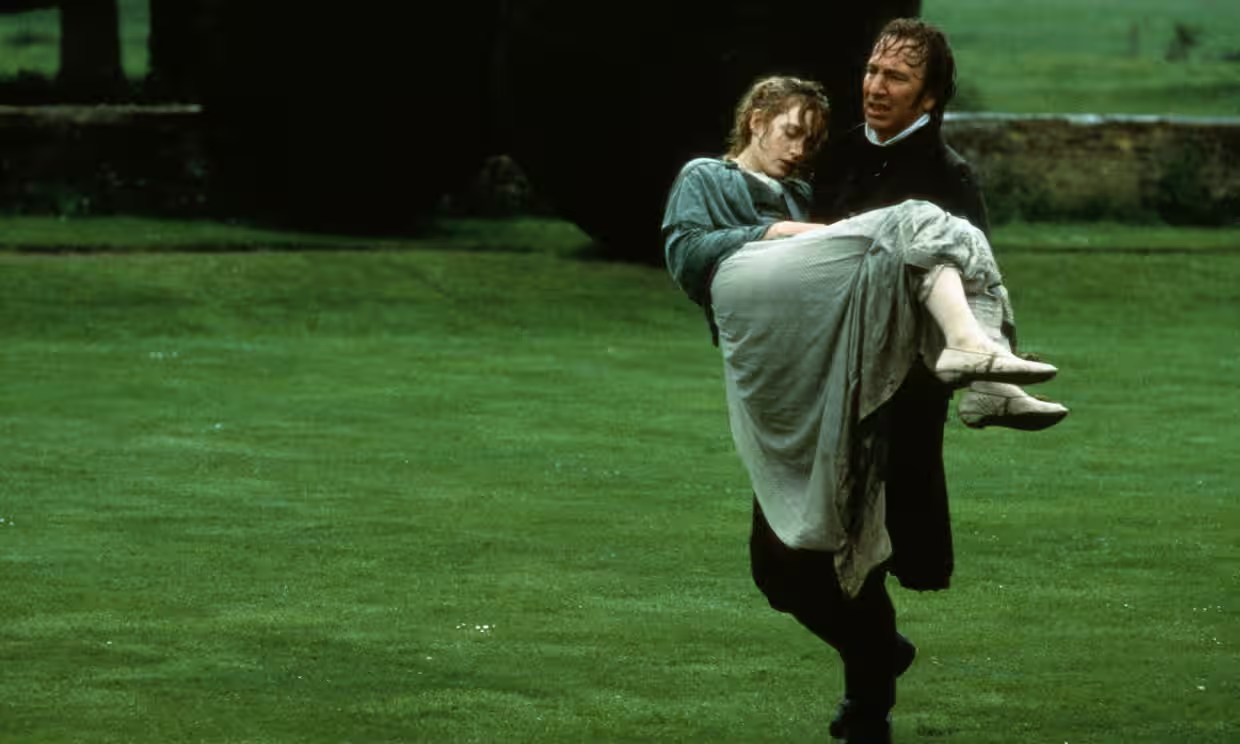
Helen Mirren
Alan was a towering person – physically, mentally and as an artist. He was utterly distinctive, with a voice that could suggest honey or a hidden stiletto blade, and the profile of a Roman emperor. He was also a great friend, generous and social. He will be very missed by many.
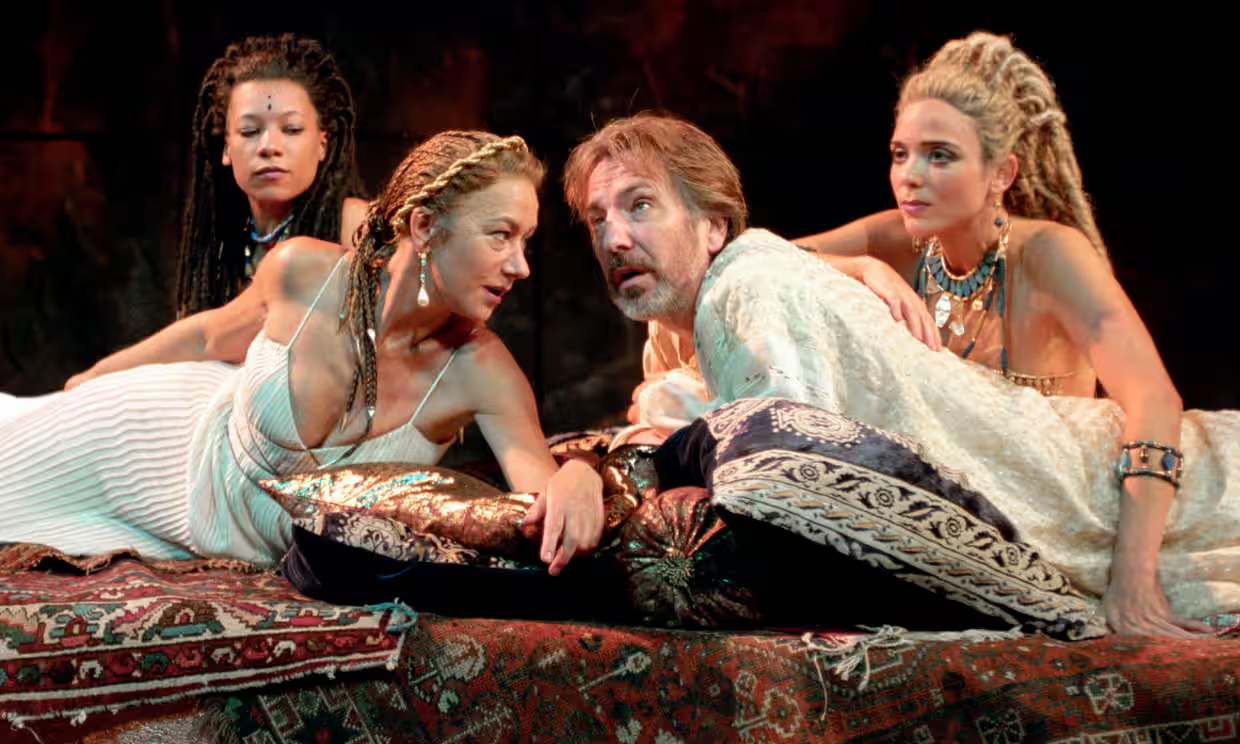
Emma Thompson
Alan was my friend and so this is hard to write because I have just kissed him goodbye. What I remember most in this moment of painful leave-taking is his humour, intelligence, wisdom and kindness. His capacity to fell you with a look or lift you with a word. The intransigence which made him the great artist he was – his ineffable and cynical wit, the clarity with which he saw most things, including me, and the fact that he never spared me the view. I learned a lot from him. He was the finest of actors and directors. I couldn’t wait to see what he was going to do with his face next. I consider myself hugely privileged to have worked with him so many times and to have been directed by him. He was the ultimate ally. In life, art and politics. I trusted him absolutely.
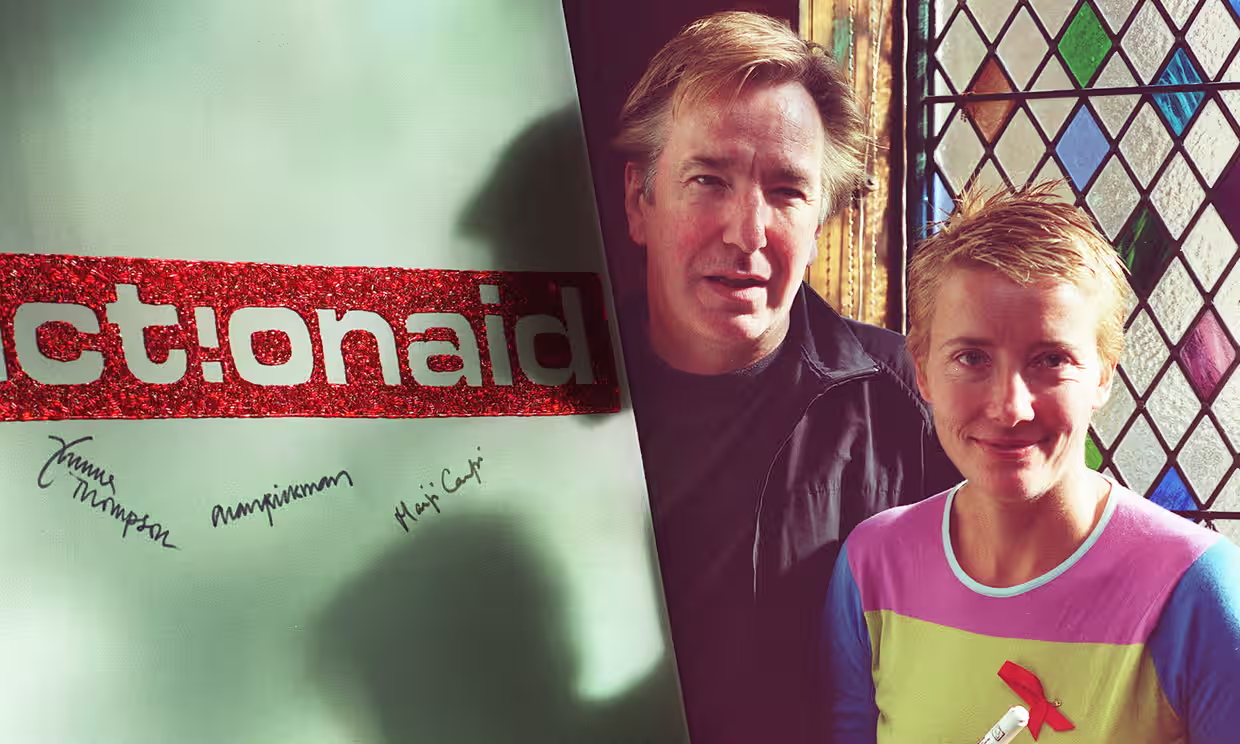
Ian McKellen
When he played Rasputin, I was the Tzar Nicholas. Filming had started before I arrived in St Petersburg. Precisely as I walked into the hotel-room, the phone rang. Alan, to say welcome, hope the flight was tolerable and would I like to join him and Greta Scacchi and others in the restaurant in 30 minutes? Alan, the concerned leading man. On that film, he discovered that the local Russian crew was getting an even worse lunch than the rest of us. So he successfully protested. On my first day before the camera, he didn’t like the patronising, bullying tone of a note which the director gave me. Alan, seeing I was a little crestfallen, delivered a quiet, concise resumé of my career and loudly demanded that the director up his game.
Behind his starry insouciance and careless elegance, behind that mournful face, which was just as beautiful when wracked with mirth, there was a super-active spirit, questing and achieving, a superhero, unassuming but deadly effective.
I so wish he’d played King Lear and a few other classical challenges but that’s to be greedy. He leaves a multitude of fans and friends, grateful and bereft.
Sigourney Weaver
Alan’s enormous strength of character infused every role he played. Who else could have brought such pain and wit to Severus Snape? He used his talent always to make a difference, his production My Name Is Rachel Corrie being one of the most powerful examples.
Richard Wilson
We first met on a production of a Dusty Hughes play I directed at the Bush, called Commitments, in 1980. When I auditioned him, I knew within seconds that he was the man for me; I knew it when he opened his mouth. He could take on anything. He was an open actor, a non-demonstrative actor. And he was easy-peasy to direct. We remained friends ever since. He would come and see everything I did, and I would always see everything he did, and we would talk at length about it.Alan was on the board of Rada and the work he did, helping students and the academy, was wonderful. He was a very wise man, people used to turn to him as the number one candidate for advice. The thing about Alan is that although he became a film star, one continually met him in tiny fringe venues all over the country. He was so generous with his time, and with his encouragement. He was just very, very giving. He was remarkable in that sense – a lot of people, on becoming well-known, would have given that side up.
He would impart advice to young students about openness, and that “less is more”. The last thing he gave us, the film A Little Chaos, is very underrated in my opinion – it was an extraordinarily brave thing to do, to make a film about the planning of Versailles in England. His performance of Louis was the personification of openness and stillness. His stillness came from the fact that you could tell what he was thinking as an actor, without him doing anything. That’s why we got on so well, we both believed in that – it’s the actor’s thought that’s the important thing. Even when he was ill, he had that great stillness and great dignity. He was a wonderful actor, and in the case of A Little Chaos, a wonderful director.
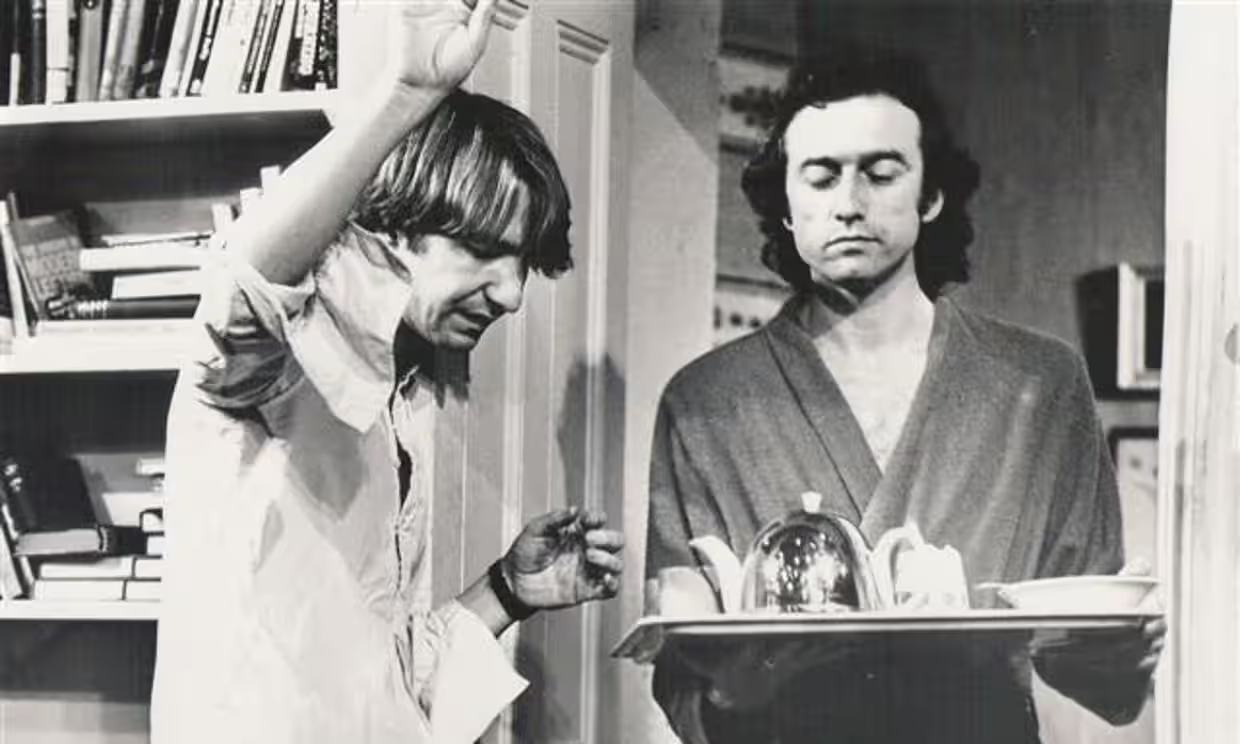
Brian Cox
I did Thérèse Raquin for TV, and Alan was in it – it was the first television he’d done. He was supremely confident, and the best sense of the word urbane. What was really astonishing about him was this grace that he had, and this amazing enthusiasm for the work; a kindness and tremendous wisdom and intellect, especially for a novice in the business. Which was very admirable. He was a mentor to a lot of people, and I found him one of the most relaxing people to be with. He had this purity of purpose. And was tremendous fun – he was a great host, full of bonhomie. It’s a real loss. He had so much to offer. 69 is a relatively young age – and I should know, because I’m 69!
His acting style was very relaxed, with a natural authority. In Thérèse Raquin I was playing Laurent, who becomes obsessed with this person he murdered – Alan played this successful artist, Vidal, who was really together. And that was just like Alan. He had a sense of himself that was strong; that’s why he was successful as an actor. But he was never bumptious or presumptive, he was gentle.
He had the ability to draw an audience into him – there was something centrifugal in his acting. He had that wonderful, slightly louche quality that could be a bit naughty. That’s why he played a lot of villains – he made an audience unsuspecting. In Les Liaisons he had this scary familiarity about him – it was appealing and slightly dangerous at the same time.
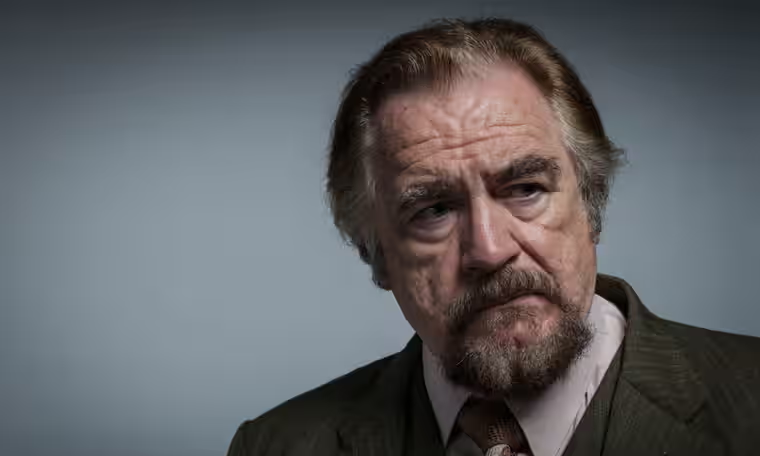
Some thought he was mannered, but it was something particular to him: this way of speaking, very slow and deliberate. That’s what was so great, his command of the voice. I remember once he was pissed off with me when we were doing a play, and he said: “Brian. I really, really… really… think that you are being… terribly slow on your cues.” Alan! Do you know how long it’s taken you to say that?! But that was the joy of Alan. He could take the piss out of himself.
When he got older it got more confident – he understood his technique brilliantly. It was joyous, and he knew the game, the business really well. But he wasn’t into being successful, he was into doing the job as well as he could do it.
I’ll miss his friendliness, his sheer enthusiasm. He would do anything for anybody; he was a very honourable man. He was empowering – if you had a problem and you told him it he would empower you to do what you did best. He could have been a great teacher.
Ruby Wax
We met at the Edinburgh festival in 1976 and he was the most charismatic, sexiest thing I’d ever seen. So for the rest of my life I was driven to make sure I was his closest friend. I fought for that! But so many other women tried for it too.
We went to act at the Crucible theatre in Sheffield together and then the Royal Shakespeare Company, where we were flatmates. We laughed a lot. I was playing small handmaiden roles, so I could watch him play Ferdinand in The Tempest and Jacques in As You Like It and it was an honour to be around him. Les Liaisons Dangereuses came after that and I thought: “Oh my god, this is gold.”
It was the most talented year at the RSC: Zoë Wanamaker, Jonathan Pryce, Richard Griffiths, Jane Lapotaire, David Suchet, Lindsay Duncan. It was a really satisfying time – we were all so happy. Alan played the leads and he was adored. Shakespeare was his language: nobody spoke that language as well as Alan.
I love him in Die Hard. He could have made a fortune playing those characters, but he didn’t want to be typecast. A Little Chaos is a masterpiece. As Louis XIV he is sardonic and powerful and funny at the same time. It’s hard to play that many layers.
He directed me in my stage shows for 20 years. He had brilliant comic timing. He’d say my lines and I would weep with laughing. And then I’d try to be funny and it was nothing. Nothing. He could really do comedy. You can see it in Galaxy Quest and a few other films where he plays that dark irony. But he could also play dry: the eyes would go slit-like and he’d deliver unbelievable lines. I don’t think Alan was appreciated as much as he should have been.
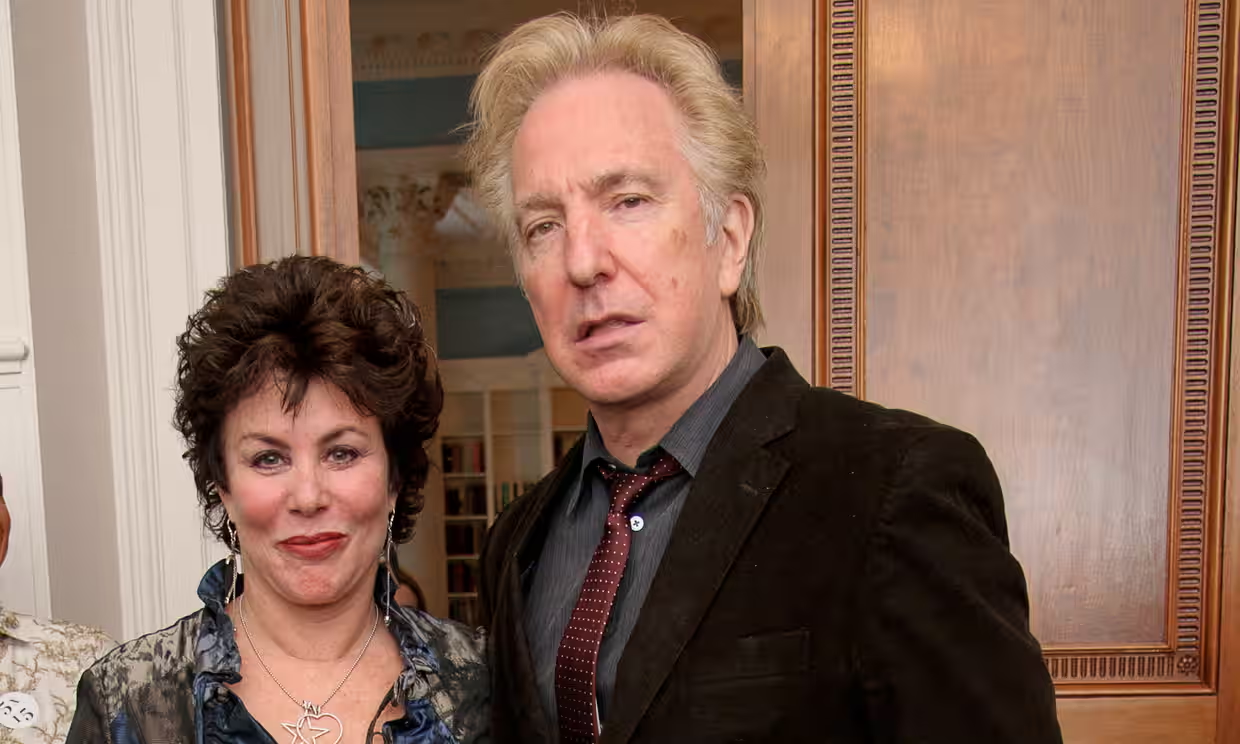
Harriet Walter
The world and his wife knows what a wonderful actor he was, but Alan was also a wonderful friend and a real bringer-together of people. You felt honoured and elevated to be cared about by him. It was a very holistic friendship. He was the most generous man I ever met. You wanted to do your best work for him – we all did. You would ask yourself: “What would Alan think of this?” He had such intelligence – and a sense of perspective on acting and how important the work was.
The first time I worked with him, he was Trigorin and I was Lily in an Irish version of The Seagull at the Royal Court in 1981. I’d never seen him before and he just knocked me sideways. He had a completely different energy – he could be very languid and then click into a ferociousness.
I think he saw everything I ever did on stage. He was always at the theatre and would go backstage and meet everyone. He was a mentor and a brother figure to a generation of us.
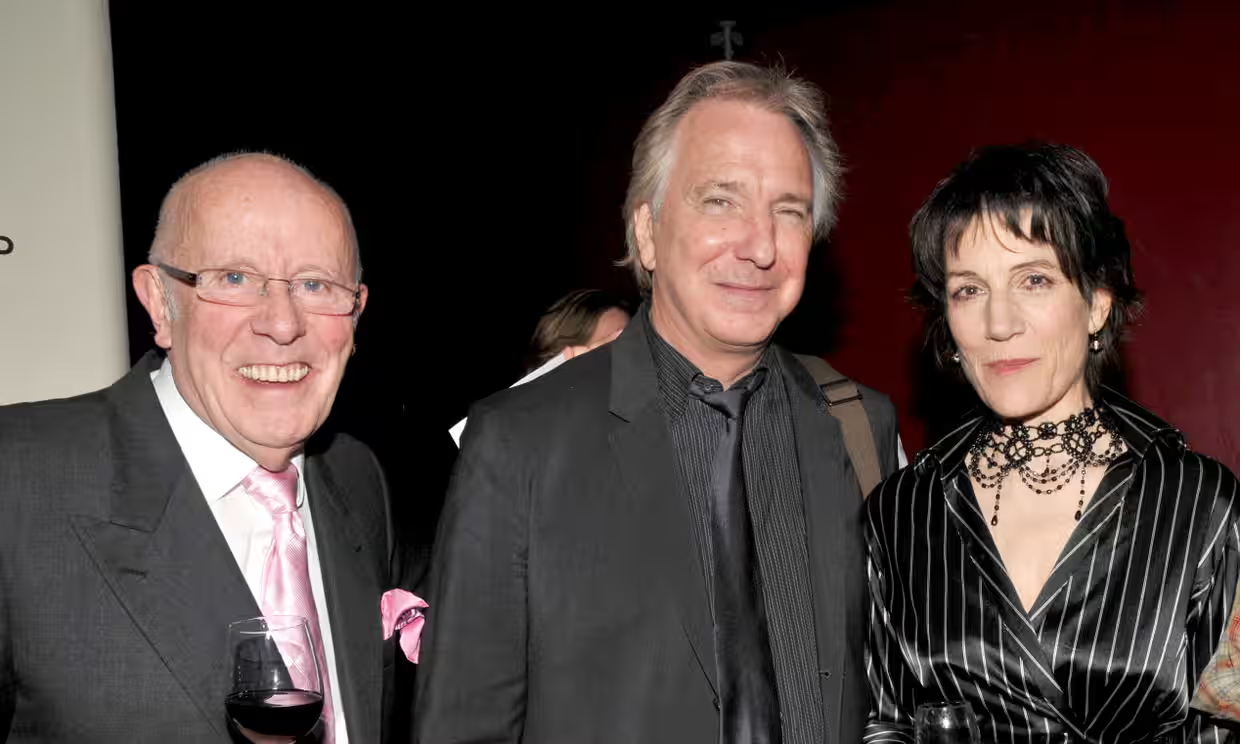
Stephen Poliakoff
The first time I met Alan was almost 40 years ago, in a revival of my play The Carnation Gang at the Sheffield Crucible, directed by Mel Smith. Alan was playing a posh drug pusher, selling drugs to local kids. And then he was in another of my plays, The Summer Party, and we remained friends.
Alan could be very argumentative on the surface, but he was incredibly warm once you got underneath that. At one stage on the Close Your Eyes shoot, he got so cross about a scene, I pretended there was film in the camera when there wasn’t. We did the shot he wanted to do (and I didn’t think was necessary). But when I pointed it out at the end of the day, he was fine about it. In fact, he thought it was very funny.
He was a mixture of vanity and anxiety – Alan was an incredible worrier, though also one of the best people to go to for advice. He rang me up before taking the Sheriff of Nottingham [in Robin Hood: Prince of Thieves] and said: “I’m about to ruin my career!” I said: “If you’re the baddie, it’s going to be fantastic!”
On another occasion, we were having lunch. His career was going really well, and I said: “You should be enjoying it. For fuck’s sake, stop worrying and start enjoying.” And afterwards, I remember Alan walking down the street calling out: “I’m going to stop worrying, Stephen. I’m not worrying any more.”
What people don’t always realise is that he had to wait a tremendously long time to be successful. I remember a party of mine, just before Les Liaisons Dangereuses at the RSC. There were lots of showbiz people there and I remember Alan saying: “I’m nearly 40 and nobody here knows who I am.” He had to suffer fools, as everyone does in this industry. People who said he wasn’t sexy enough, heterosexual directors in the theatre who didn’t think he was attractive to women – just about the greatest miscalculation in showbiz history!
Fortunately parts came to him in his 40s. It took a combination of Liaisons Dangereuses and Die Hard to do it. He was such a formidable presence on screen. You could tell from his early plays at the Crucible that he had it. The Summer Party was not a great success, but Alan really stood out. I remember talking to him about our plans for the future; how I really believed it was going to happen for him even when he was still doing supporting parts.
He was a famous note-giver. Once, when I was opening a new play, he told me he was coming and I said: “Don’t you dare give them notes. You can give me notes, not them.” And there he was backstage afterwards, giving his notes to the cast, even Harriet Walter. They were good notes though. He was also really, really good at helping you navigate the bullshit nature of showbiz. Not minding about reviews or box office. Of all the actors I’ve ever worked with he knew that it was ultimately about doing good work; that the work would speak for itself.
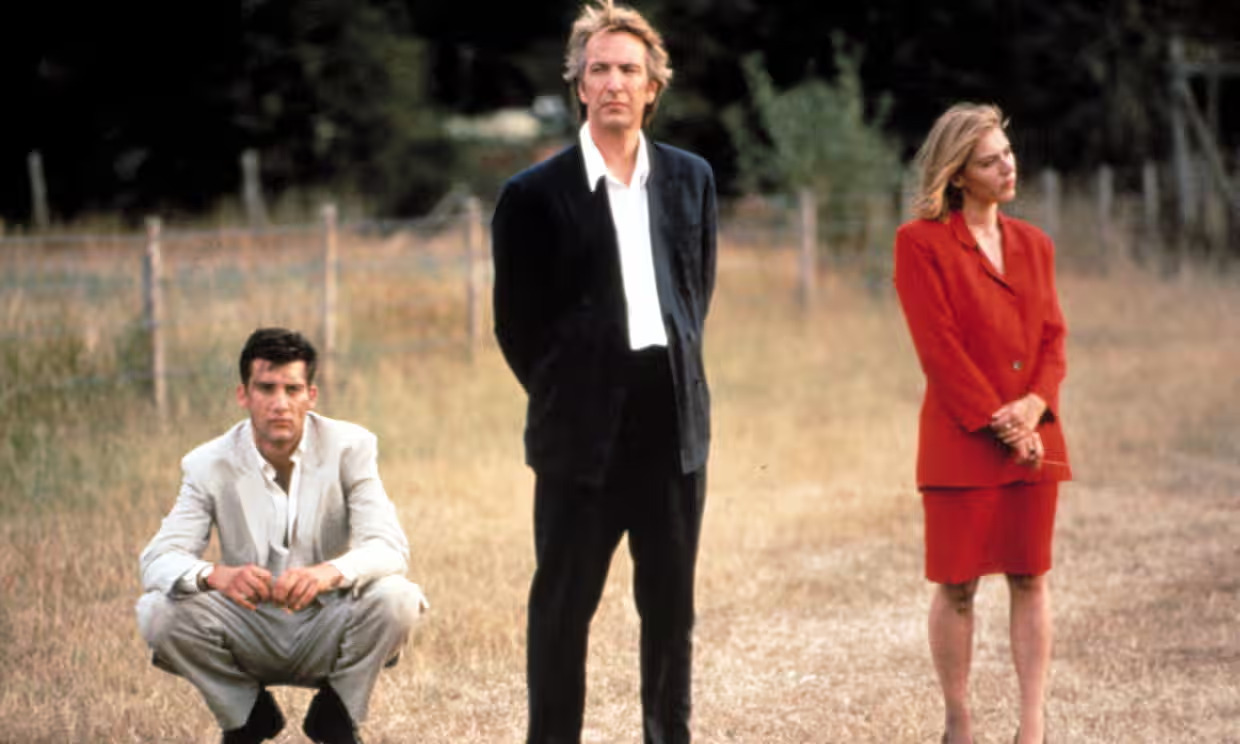
Max Stafford-Clark
The theatre is full of ambitious and talented people, some of whom are successful and some of whom aren’t. Some disappear from your life – they go to Hollywood and make a new set of friends. Alan handled success with great grace and remained accessible and generous.
There’s a line in King Lear, one of the ugly sisters says of her father: “He hath ever but slenderly known himself.” Alan knew himself very well. He had a very just assessment of his own talents. And that’s important, because he never sold himself short. He was demanding but in the best possible sense of the word – he always demanded what you could give. He was generous with other actors but also with his own talents. He was quick to support friends and their improbable theatrical adventures.
We worked together in the early 1980s at the Royal Court, where he starred in The Grass Widow by Snoo Wilson. In the opening image he had to appear totally naked, as if just coming out of a sauna. He demonstrated the skill of a toreador with a beach towel and managed to make himself enticing to the audience without revealing more than he wished.
He had great vocal control, great discipline. In Les Liaisons Dangereuses, he caught the energy and priapic vigour of Valmont, yet still kept a certain charm that was his trademark.
He was a lovely man. I’ll miss him greatly.
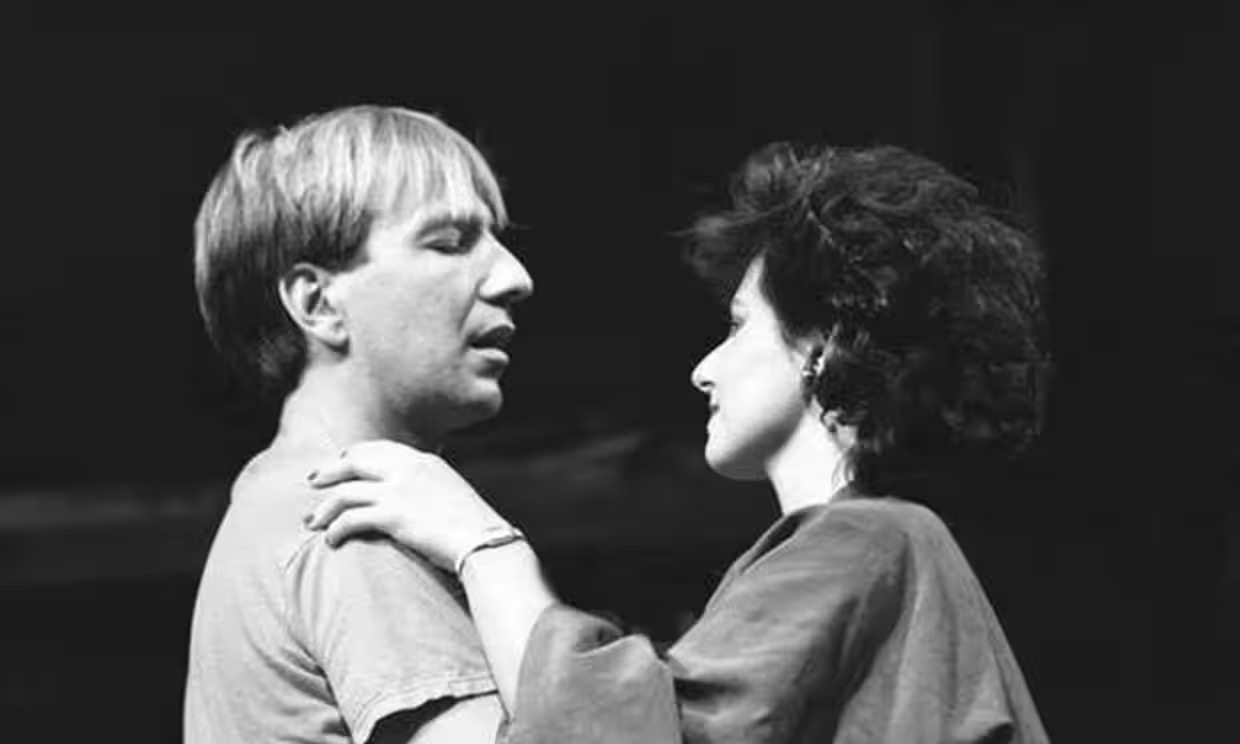
Zoë Wanamaker
The RSC in 1978 was a rock’n’roll company, a punk company. That’s when we all got together. Alan became a mentor to many people. When actors heard that he was in the audience they’d be frightened! They’d want to know what he said. He was extremely perceptive. He was funny, smart, kind, generous. He could send himself up in a wonderful way. You could never go for dinner with just Alan – there’d always be lots of other people too, from all walks of life. He was never intimidated. Never. When we made the first Harry Potter film he was fearless – absolutely in control of what was going on, very strong about his opinions of what should and shouldn’t be done. He was very careful and very thorough. And I remember laughing a lot. He had a naughty sense of humour. He was very wry and that’s what we all loved and relished. He was a kind of colossus, really.
Catherine Bailey
Alan and I were students together at Rada. There was something majestic about him even then. Over the years he became a huge influence on my life and career, always believing in me. He was a guiding light, not just for me, but for so many. He could make the impossible happen. He cared deeply about his profession and the people he worked with on every level of a production. I saw him two days before he died and he wanted to hear about me and my family and how we were. An incredibly generous man, he was always thinking of others and ways he could be of help to them.
I made a film about him for the BBC and recently we made our first and only short film together, Dust. It meant sitting in a playground with no facilities and there was no budget, but he did it because he liked the script. The work was always the most important thing to him.
Janet Suzman
I never had the luck to work with Alan, I just admired from afar. He made a greatly original contribution in his field which is about all anyone can hope to do. His wily, wicked presence will be much missed in the villain department, but it was the plangent minor keys of his voice which bespoke a sadness which embraced all of humanity; I remember his weird and wonderful Hamlet. As for his soul, he had a generous and kind one, it was there in his eyes.

